As 2019 comes to an end, we take a look back at the year of Australian films that we’ve just had. Now, I’m going to admit, this list might be a little more controversial than some of my previous Best Australian Films lists, and I can’t apologise for it.
For starters, this is the first time I’ve included short films in the list. In the past, I’ve seen a lot of great short films that have been worthy of inclusion, but have relegated them to their own list. The three short films I’ve included are that good that they deserve their place in the ‘Best of’ list.
Now, a few stats!
I watched 49 Australian films that were either released in 2019, or had festival releases in 2019. Of these 49, there were many that could have been considered here, but as they will be getting a theatrical release in 2020, they will appear on that list instead. Some of the Australian films that had theatrical releases in 2019 were rated and ranked in the 2018 list, so make sure to check out the 2018, 2017, and 2016 lists.
More stats!
- – Twelve films are directed or co-directed by women
- – Four films were nominated for Best Picture at the AACTA Awards
- – Ten films are documentaries
- – Three are short films
- – Two feature films were made for under $4000 each
Ok, enough of that, onto the list!

The 2019 Melbourne Documentary Film Festival had a wealth of great films (as every year does), but my pick of the bunch was the fascinating look into the different lives of single women from around the world. What made Singled [Out] the success that it is, is the way that it humanises the untold stories of single women, some of whom find themselves forced into marriage because of social expectations. One story tells the tale of a woman who wishes to be a mother, and turns to IVF to help make her dream come true. It’s a tender and caring documentary, highlighting the need to remove the expectations forced on women around the world. I only wish it were a little bit longer!
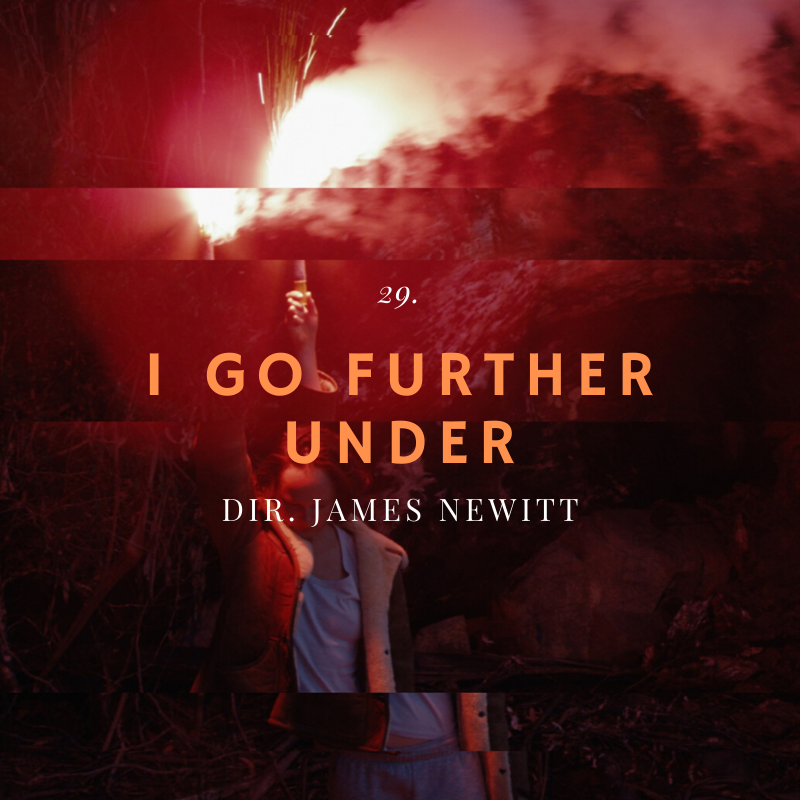
I Go Further Under is a low-fi, low budget, very artistic driven film that is loosely based on the life of Jane Cooper: a teen who lived on the remote and uninhabitable De Witt Island for a year. Director James Newitt employs an intriguing use of modern technology to reinforce actress Emily Milledge’s Jane Cooper-surrogate character desire to escape from civilisation. At times, the screen is overwhelmed with the letters of people pouring out their lives to this person seeking solitude, reinforcing the insidious way that humanity cannot escape itself. Admittedly, this is a film that works best when reflecting on it, when your mind has had time to parse the experimental film aesthetic, but it’s Emily Milledge’s performance that will resonate the most.

I feel I was too harsh on Rod Rathjen’s slavery drama Buoyancy when I reviewed it out of Cinefest Oz. I asked then, who was this film for? Suggesting that nobody would want to watch this at all. But, ever since watching this film about a teen seeking a life of his own, and ending up on a slave boat, fishing for trash fish that will inevitably turned into someones cat food, I couldn’t shake the imagery from my mind. Lead actor, Sarm Heng, is exceptional, delivering a performance that feels so natural, so lived in, that I couldn’t help but fear how much he had taken on board the trauma within the film. This is dark, depressing filmmaking, but it’s filmmaking with a purpose. I was already aware of the impact of overfishing on the world, but I had no idea it was this bad. To hear Rathjen mention that they had to tone down some of the brutality that they learned about while researching for the film makes my mind race as to what else has happened. Powerful stuff.
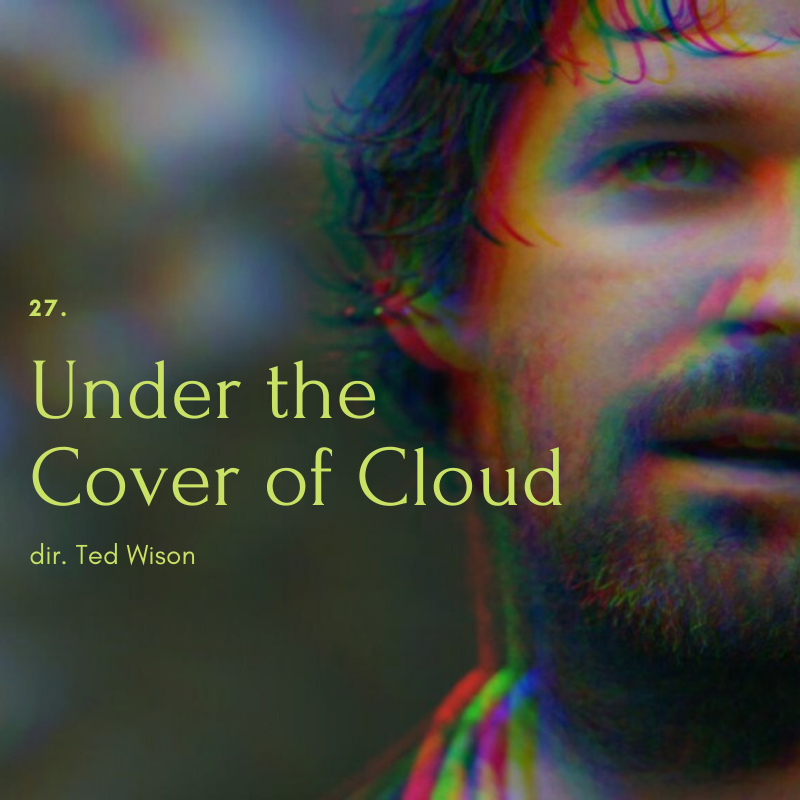
Ted Wilson’s quiet, tender, loving family drama feels so deceptively surface level, so run of the mill and routine, that by the time it’s reached its conclusion, and its story of a family just existing wraps up, you can’t help but feel moved. This is deceptive filmmaking, with a very observational tone that simply watches as people live a life – a family has a reunion lunch and shares family stories, or later, a son and a mother work together to do some gardening. Ted Wilson is a multi-hyphenate here, wearing the hat of director, writer, actor, and producer, and it’s this full bodied role that makes me wish that this film were given a wider release. It’s quiet filmmaking, subtle in style and not overly showy, and that’s its key strength: it’s a slice of life story that asks us to reflect on the small moments, embracing the conversations between conversations, and the bonds that make a family whole.

There’s an absurdity to Chocolate Oyster that gives it a certain charm. Sure, the story of the titular chocolate oyster recipe is deeply hilarious, but it’s the vignettes of people living life in the suburbs of Sydney that makes this film a joy to watch. There’s a pretentiousness to Chocolate Oyster that appears to have turned a lot of viewers off – there’s a surprisingly high amount of undeserved vitriol for this hugely independent film – but it’s a pretentiousness that Jaggi embraces completely. It’s in black and white, the end credits are at the beginning, the conversations are often bland and tedious, but, there’s an extreme charm to it all, and the failures of the various characters are what makes Chocolate Oyster the intriguing, slice of life affair that resonates with two other films on this list.
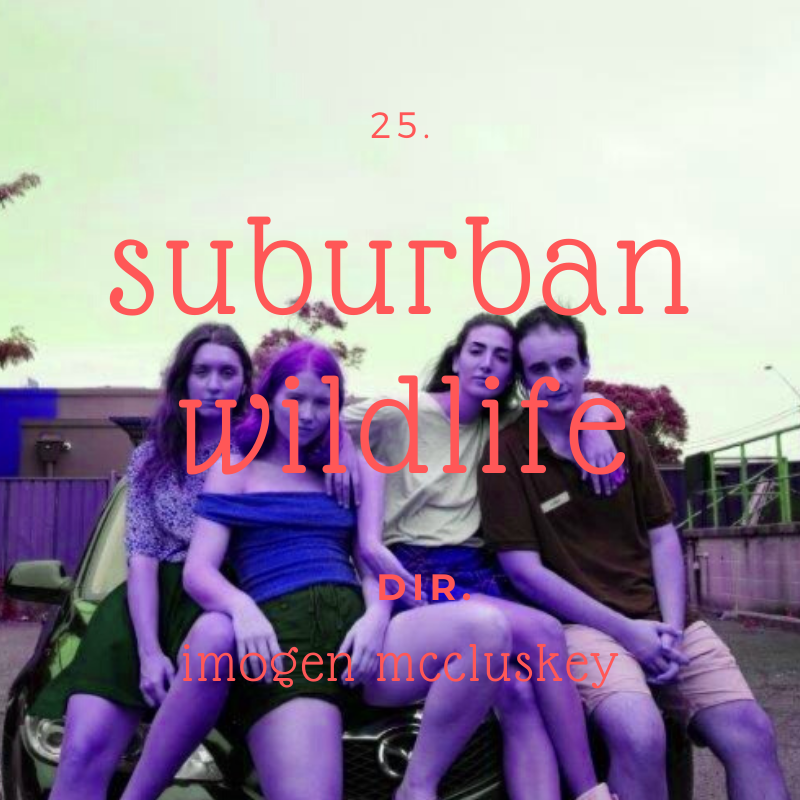
When viewed as a loose trilogy of films, Chocolate Oyster, Hot Mess, and Suburban Wildlife go far in portraying the struggles of life for the young adults of Sydney. The life they’ve been promised is not what they’re presented with. They realise the momentous challenge that they face just to try and get ahead in life, and it’s not going to be easy. This is reflected in the way that director Imogen McCluskey and co-writer Béatrice Barbeau-Scurla managed to make this film for a mere $4000. While that should sound impressive (it is), it’s a mildly devastating reinforcement of the themes of Suburban Wildlife. Here are two exceptionally talented filmmakers who should be given the chance to make films with a budget, but that’s not the reality of the Australian film industry, and it’s not their reality. If anything, the proof of their ingenuity and ability to make a film this good on no budget at all is reason enough to feel that these younger generations will be ok.

Look, it seemed like a pretty fun thing for a lot of reviewers to beat up on Rachel Ward’s ode to upper class white folks, and I can understand that completely. But, under the surface of that gloss and sheen is a solid story about friends and family getting together and addressing the issues that have long gone unspoken. While Ward’s film never fully interrogates the difficulties of early retirement in a world that was built exactly for that, it does at least touch on some salient topics like depression, the fragility of men, and the fear of ageing. Some issues are not explored at all – Jacqueline Mackenzie’s Bridget clearly has a drinking problem that nobody ever addresses – but that lack of introspection is part of the point of Palm Beach. These characters have a world of issues in front of them, and much like the real world upper class white folks, they wilfully ignore a fair chunk of them occurring in front of their eyes. Ward never condemns these characters, often celebrating their white privilege, but that lack of condemnation makes Palm Beach an interestingly performed film.

I fear that the placement of The Nightingale so low on this list might cause some deep anger, and I do apologise for that. This is a towering achievement of a film, with Jennifer Kent exploring the toxicity and brutality of colonialism, laying out the harshness of the 19th Century Tasmania for both women and Indigenous Australians. Yet, for all of its brilliance, I found myself not engaging with the film on the level it required. I admire Aisling Franciosi’s searing, hate filled performance, and Baykali Ganambarr is simply brilliant as the reluctant tracker, but the overwhelming brutality left me feeling numb, when it should have left me enraged and engaged in the way that Warwick Thornton’s masterpiece Sweet Country did. This is an important film, it just did not impact me as much as I had hoped it would.
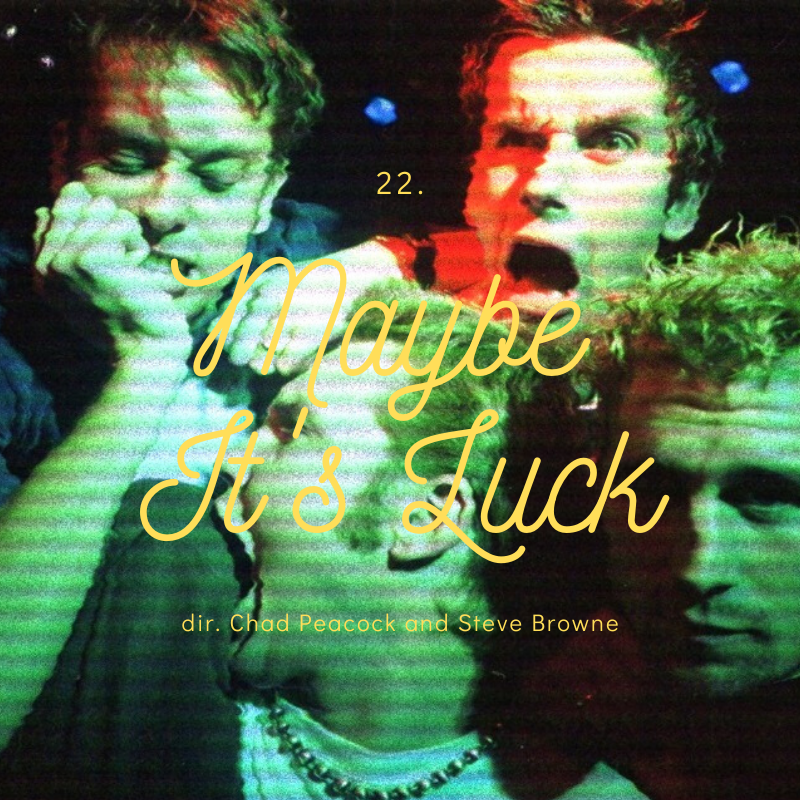
Maybe It’s Luck takes the place of Meal Tickets and Rockabul as the Aussie doco that takes a look at an untold slice of the worlds music scene. This time round, it’s Perth punk band Kerb (again, no relation), who after a decades long sojourn from the music scene embark on the comeback of comebacks. With failures and foibles, the band soldiers on, pushing forward with gusto, and it’s front man Steve Browne’s energy that helps drive this film. It’s often frenetic, often hilarious, and always entertaining stuff. Maybe It’s Luck reflects punk music perfectly, taking risks where you wouldn’t expect it to, and ending with one heck of a hilarious punchline. This is short fast loud, it gets in, doesn’t fuck around, and then gets out.
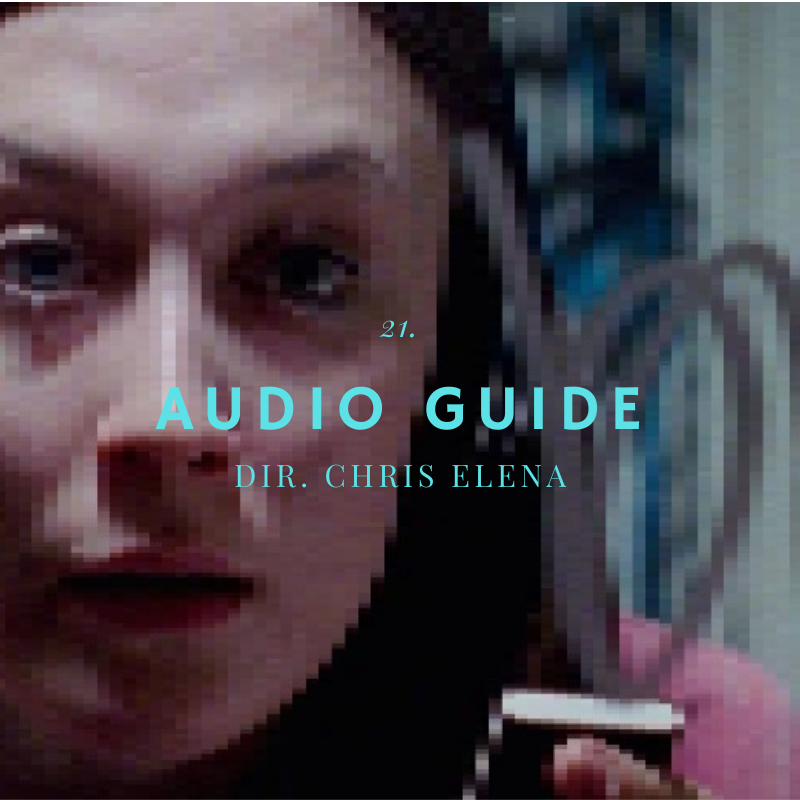
The first short film on the list is also the first sci-fi film. Chris Elena’s short is centred on a silent performance from newcomer Emma Wright. Channelling early Bethany Whitmore performances, Wright provides a powerful lead through this engaging and intriguing short that asks a lot of big questions, and isn’t afraid to tackle the answers for some of them. The script by Lee Zachariah is smart and considered, embracing the format of short films and meeting the format on its own level. This isn’t a proof of concept short that works to try and get a feature film out of it, instead, Audio Guide is its own complete narrative, one that could only exist within this format. It’s powerful in its simplicity, and honestly, I cannot wait to see what all of the team associated with this wonderful film do next. More please.



